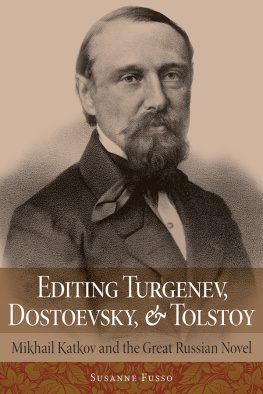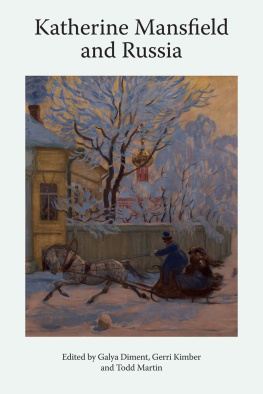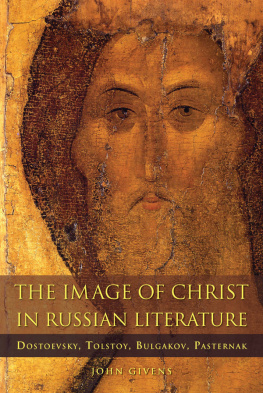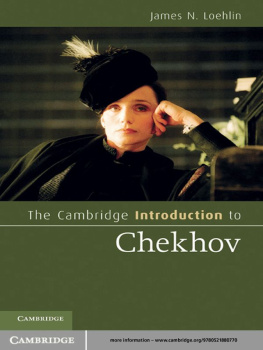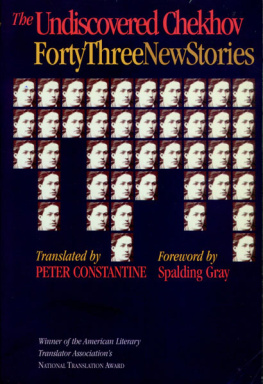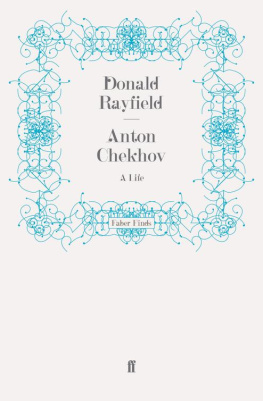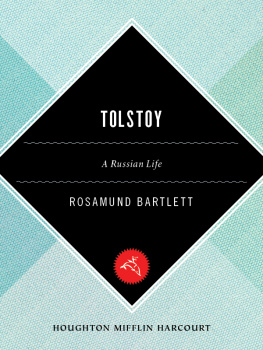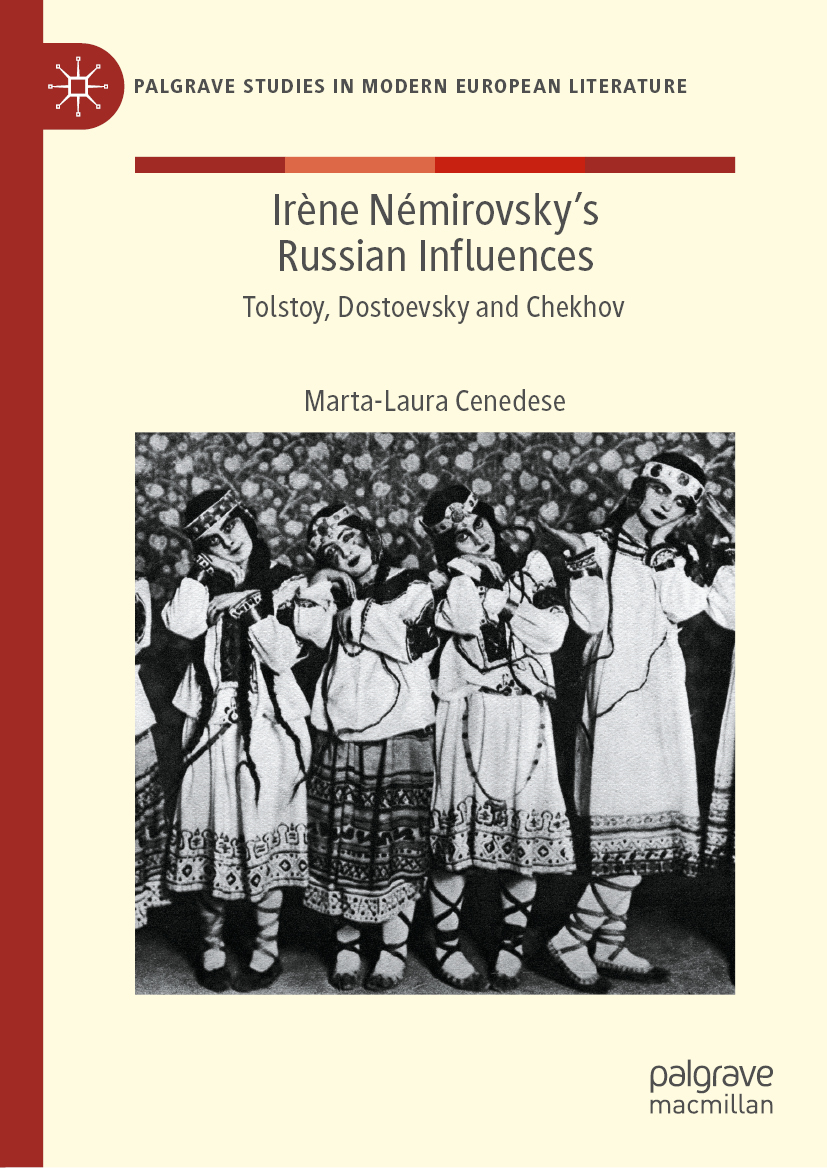Palgrave Studies in Modern European Literature
Series Editors
Shane Weller
School of European Culture and Languages, University of Kent, Canterbury, UK
Thomas Baldwin
Centre for Modern European Literature, University of Kent, Canterbury, UK
Ben Hutchinson
Centre for Modern European Literature, University of Kent, Canterbury, UK
Many of the most significant European writers and literary movements of the modern period have traversed national, linguistic and disciplinary borders. The principal aim of the Palgrave Studies in Modern European Literature book series is to create a forum for work that problematizes these borders, and that seeks to question, through comparative methodologies, the very nature of the modern, the European, and the literary. Specific areas of research that the series supports include European romanticism, realism, the avant-garde, modernism and postmodernism, literary theory, the international reception of European writers, the relations between modern European literature and the other arts, and the impact of other discourses (philosophical, political, psychoanalytic, and scientific) upon that literature. In addition to studies of works written in the major modern European languages (English, French, German, Italian, and Spanish), the series also includes volumes on the literature of Central and Eastern Europe, and on the relation between European and other literatures.
Editorial BoardEditorial Board:
Rachel Bowlby (University College London),
Karen Leeder (University of Oxford),
William Marx (Collge de France),
Marjorie Perloff (Stanford University),
Jean-Michel Rabat (University of Pennsylvania),
Dirk Van Hulle (University of Oxford)
More information about this series at http://www.palgrave.com/gp/series/14610
Marta-Laura Cenedese
Irne Nmirovsky's Russian Influences
Tolstoy, Dostoevsky and Chekhov
1st ed. 2021

Logo of the publisher
Marta-Laura Cenedese
Turku Institute for Advanced Studies, Turku, Finland
ISSN 2634-6478 e-ISSN 2634-6486
Palgrave Studies in Modern European Literature
ISBN 978-3-030-44202-6 e-ISBN 978-3-030-44203-3
https://doi.org/10.1007/978-3-030-44203-3
The Editor(s) (if applicable) and The Author(s), under exclusive license to Springer Nature Switzerland AG 2021
This work is subject to copyright. All rights are solely and exclusively licensed by the Publisher, whether the whole or part of the material is concerned, specifically the rights of translation, reprinting, reuse of illustrations, recitation, broadcasting, reproduction on microfilms or in any other physical way, and transmission or information storage and retrieval, electronic adaptation, computer software, or by similar or dissimilar methodology now known or hereafter developed.
The use of general descriptive names, registered names, trademarks, service marks, etc. in this publication does not imply, even in the absence of a specific statement, that such names are exempt from the relevant protective laws and regulations and therefore free for general use.
The publisher, the authors and the editors are safe to assume that the advice and information in this book are believed to be true and accurate at the date of publication. Neither the publisher nor the authors or the editors give a warranty, expressed or implied, with respect to the material contained herein or for any errors or omissions that may have been made. The publisher remains neutral with regard to jurisdictional claims in published maps and institutional affiliations.
Cover Image Credit: Lebrecht Music & Arts / Alamy Stock Photo, Image ID: K0R7RM
This Palgrave Macmillan imprint is published by the registered company Springer Nature Switzerland AG
The registered company address is: Gewerbestrasse 11, 6330 Cham, Switzerland
For my father (19472019)
Series Editors Preface
Many of the most significant European writers and literary movements in the modern period have traversed national, linguistic and disciplinary borders. The principal aim of the Palgrave Studies in Modern European Literature series is to create a forum for work that takes account of these border crossings, and that engages with individual writers, genres, topoi and literary movements in a manner that does justice to their location within European artistic, political and philosophical contexts. Of course, the title of this series immediately raises a number of questions, at once historical, geo-political and literary-philosophical: What are the parameters of the modern? What is to be understood as European, both politically and culturally? And what distinguishes literature within these historical and geo-political limits from other forms of discourse?
These three questions are interrelated. Not only does the very idea of the modern vary depending on the European national tradition within which its definition is attempted, but the concept of literature in the modern sense is also intimately connected to the emergence and consolidation of the European nation-states, to increasing secularization, urbanization, industrialization and bureaucratization, to the Enlightenment project and its promise of emancipation from nature through reason and science, to capitalism and imperialism, to the liberal-democratic model of government, to the separation of the private and public spheres, to the new form taken by the university, and to changing conceptions of both space and time as a result of technological innovations in the fields of travel and communication.
Taking first the question of when the modern may be said to commence within a European context, if one looks to a certain Germanic tradition shaped by Friedrich Nietzsche in The Birth of Tragedy (1872), then it might be said to commence with the first theoretical man, namely Socrates. According to this view, the modern would include everything that comes after the pre-Socratics and the first two great Attic tragedians, Aeschylus and Sophocles, with Euripides being the first modern writer. A rather more limited sense of the modern, also derived from the Germanic world, sees the Neuzeit as originating in the late fifteenth and early sixteenth centuries. Jakob Burckhardt, Nietzsches colleague at the University of Basel, identified the states of Renaissance Italy as prototypes for both modern European politics and modern European cultural production. However, Italian literary modernity might also be seen as having commenced two hundred years earlier, with the programmatic adoption of the vernacular by its foremost representatives, Dante and Petrarch.
In France, the modern might either be seen as beginning at the turn of the seventeenth to the eighteenth century, with the so-called Querelle des anciens et des modernes in the 1690s, or later still, with the French Revolution of 1789, while the Romantic generation of the 1830s might equally be identified as an origin, given that Chateaubriand is often credited with having coined the term modernit, in 1833. Across the Channel, meanwhile, the origins of literary modernity might seem different again. With the Renaissance being seen as Early Modern, everything thereafter might seem to fall within the category of the modern, although in fact the term modern within a literary context is generally reserved for the literature that comes after mid-nineteenth-century European realism. This latter sense of the modern is also present in the early work of Roland Barthes, who in



